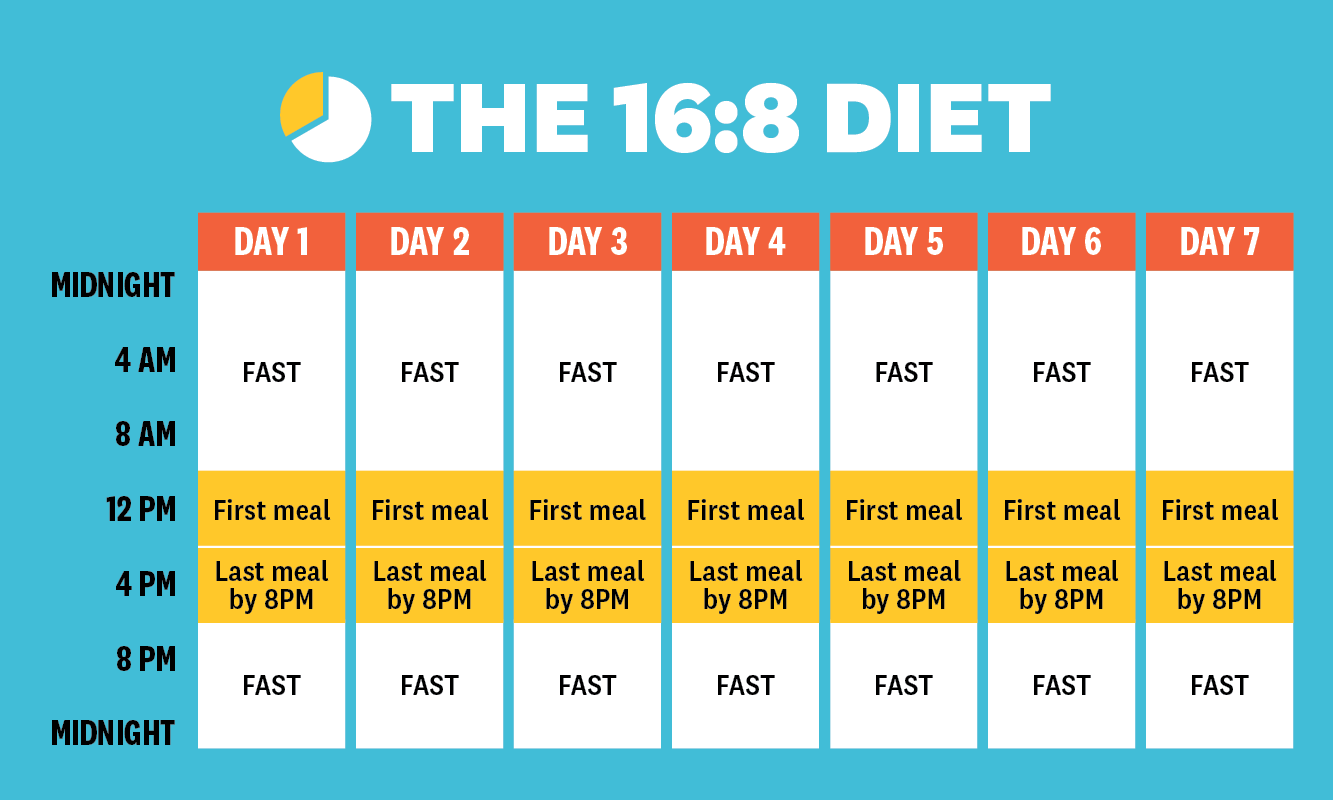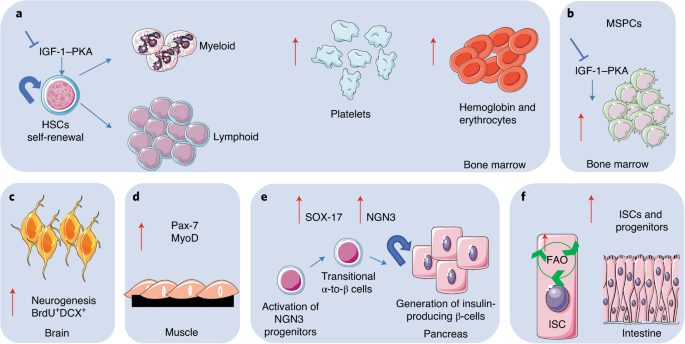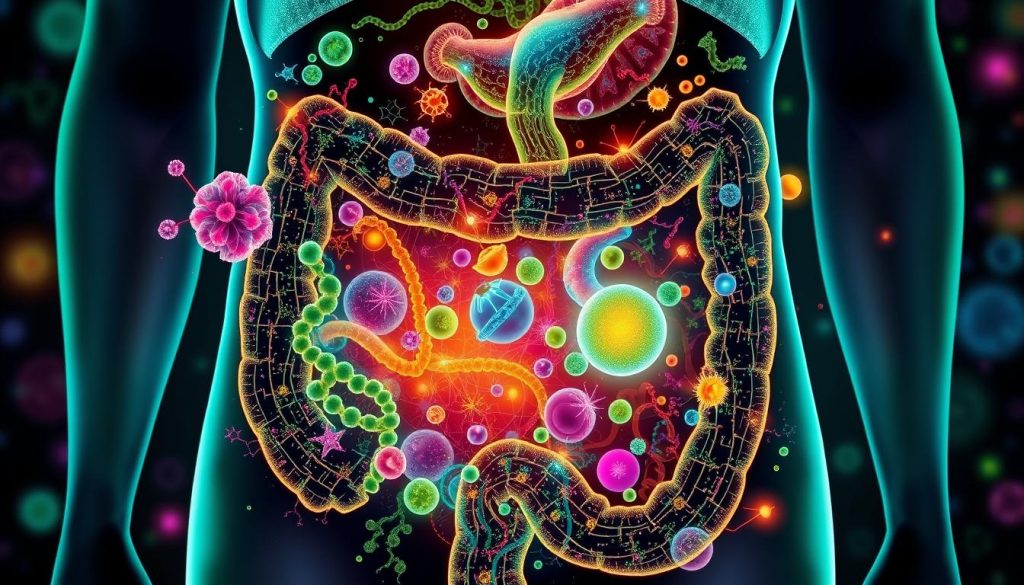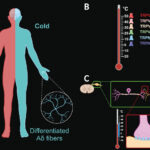In the world of biohacking, intermittent fasting (IF) has become a powerhouse strategy for optimizing health, extending lifespan, and improving physical and mental performance. What started as an ancient survival mechanism has now been scientifically recognized for its ability to enhance cellular repair, metabolic flexibility, and brain function.
Fasting is not just about calorie restriction—it’s about metabolic optimization, cellular repair, and longevity.
Dr. Peter Attia, Physician and Longevity Expert
A landmark study published in Nature Medicine (read here) delves into how intermittent fasting influences longevity and human performance. In this blog, we explore the science behind intermittent fasting, its mechanisms, benefits, and how to implement it for biohacking success.
What is Intermittent Fasting?
Intermittent fasting (IF) is not a diet but a timing strategy—it cycles between eating and fasting periods. Unlike calorie restriction, which focuses on what you eat, IF focuses on when you eat.

Popular Intermittent Fasting Methods
- 16:8 Method – Fast for 16 hours, eat within an 8-hour window (popular for beginners).
- 18:6 Method – Extends fasting to 18 hours with a 6-hour eating window.
- 5:2 Method – Eat normally for five days, then restrict calories (500–600) on two non-consecutive days.
- OMAD (One Meal a Day) – An extreme version where you consume all daily calories in a single meal.
- Alternate-Day Fasting – Fasting every other day while eating normally on non-fasting days.
Each method offers different levels of metabolic adaptation, and the right approach depends on individual goals, lifestyle, and biohacking objectives.
How Intermittent Fasting Enhances Longevity
Scientific research increasingly supports intermittent fasting as a longevity-enhancing strategy. But how does it work?

1. Cellular Autophagy and Repair
Fasting activates autophagy, the body’s cellular recycling process. This means:
✅ Old and damaged cells are cleared out, reducing inflammation.
✅ Cellular components are recycled and repaired, leading to anti-aging effects.
✅ Autophagy is linked to a reduced risk of neurodegenerative diseases like Alzheimer’s.
A 2023 study in Nature Aging confirmed that intermittent fasting triggers autophagy, contributing to increased lifespan and improved metabolic health.
2. Metabolic Flexibility and Fat Adaptation
✅ Fasting lowers insulin levels, making the body efficient at burning fat for energy.
✅ The body switches from glucose to ketones, improving energy stability.
✅ This process enhances mitochondrial function, reducing oxidative stress and aging.
A 2024 study in Nature Metabolism found that individuals with higher metabolic flexibility had a 30% lower risk of metabolic disorders.
3. DNA Repair and Stress Resistance
✅ Fasting activates sirtuins, proteins that regulate cellular repair and longevity.
✅ It triggers hormesis, a mild stressor that strengthens cells against aging.
✅ Studies suggest fasting improves stem cell regeneration in muscle and brain tissue.
A 2023 PNAS study found that fasting improves DNA stability and enhances stress resistance at the cellular level.
Intermittent Fasting for Physical Performance
Biohackers, athletes, and fitness enthusiasts use intermittent fasting to boost fat loss, increase energy efficiency, and improve endurance.
Intermittent fasting is one of the most powerful interventions for enhancing brain function, reducing inflammation, and promoting long-term health.
Dr. Mark Mattson, Neuroscientist and Leading Researcher on Fasting and Brain Health
1. Fat Burning and Endurance
- Fasting increases fat oxidation, making it ideal for endurance athletes.
- Lower insulin levels mean the body burns stored fat more efficiently.
- Some studies suggest fasted workouts improve metabolic flexibility and fat adaptation.
💡 Tip: Combine IF with ketogenic dieting for even greater fat-burning effects.
2. Muscle Growth and Recovery
- Human Growth Hormone (HGH) levels can increase by 2000% during prolonged fasting.
- Fasting reduces inflammation, improving muscle recovery and strength.
- Proper protein intake during eating windows helps preserve muscle mass.
💡 Tip: If you train intensely, use the 16:8 or 18:6 fasting method to balance muscle recovery and fat loss.
Cognitive Benefits of Intermittent Fasting
Your brain loves fasting. Here’s why:

1. Enhanced Brain Function and Neuroprotection
✅ Fasting stimulates Brain-Derived Neurotrophic Factor (BDNF), improving memory and learning.
✅ Ketone production during fasting fuels neurons more efficiently than glucose.
✅ IF reduces neuroinflammation, lowering the risk of Alzheimer’s and Parkinson’s.
A 2024 study in Cell Reports Medicine found that intermittent fasting enhances neuroplasticity, improving focus and decision-making skills.
2. Dopamine & Mood Regulation
✅ Fasting increases dopamine sensitivity, improving motivation and focus.
✅ Lower cortisol levels mean reduced stress and anxiety.
✅ Many biohackers report improved mental clarity and reduced brain fog.
💡 Tip: Try a 36-hour fast once a month to reset dopamine receptors and improve cognitive performance.
How to Implement Intermittent Fasting for Biohacking Success
1. Start Gradually
- Begin with 12-hour fasts and progress to 16:8 fasting over time.
- Stay hydrated—drink water, black coffee, or green tea during fasting.
2. Optimize Your Eating Window
- Prioritize high-quality proteins, healthy fats, and nutrient-dense foods.
- Avoid processed carbs to prevent blood sugar spikes.
3. Time Your Workouts Wisely
- Strength training? Eat after your workout for muscle recovery.
- Cardio or endurance training? Try fasted workouts to maximize fat burning.
4. Track Progress
- Use apps like Zero, Fastic, or MyFitnessPal to log fasting hours and meals.
- Monitor ketone levels and glucose response to measure metabolic adaptation.
5. Experiment with Extended Fasting
- 24-hour fasts (OMAD) – Good for fat loss and mental reset.
- 36-hour fasts – May reset dopamine receptors and enhance longevity pathways.
- 3-5 day prolonged fasts – Activate deep autophagy and stem cell regeneration.
Potential Risks and Considerations
While intermittent fasting offers many benefits, it isn’t for everyone. Consider these factors:
❌ Not ideal for individuals with a history of eating disorders.
❌ May cause hormonal imbalances if overused, especially in women.
❌ Can lead to nutrient deficiencies if diet quality is poor.
💡 Tip: If you experience dizziness or extreme hunger, adjust your fasting schedule and consult a healthcare professional.
The Future of Intermittent Fasting and Biohacking
As research on fasting expands, new trends are emerging:
🔬 AI-driven fasting – Personalized fasting schedules based on real-time metabolic tracking.
🧬 Genetic-based fasting – Using DNA insights to determine the optimal fasting method.
🚀 Supplements for fasting – Exogenous ketones, NAD+ boosters, and adaptogens to enhance fasting benefits.
A 2024 TED Talk by Dr. Peter Attia explored how fasting, combined with metabolic tracking, will shape the future of human longevity.
Final Thoughts: Should You Try Intermittent Fasting?
Intermittent fasting is one of the most effective biohacking tools for:
✅ Longevity – By promoting autophagy and DNA repair.
✅ Performance – By optimizing fat-burning and endurance.
✅ Cognitive Function – By enhancing brain health and mental clarity.
However, the key to success is experimentation—find the method that works for your body and lifestyle.
🚀 Are you ready to unlock the benefits of intermittent fasting?
Try a 16:8 fast tomorrow, track your progress, and let us know your results in the comments!
Recent Insights on The Science of Intermittent Fasting for Longevity and Performance
Intermittent fasting (IF) has gained significant traction in the fields of longevity, metabolic health, and performance optimization. Recent scientific studies have highlighted how fasting influences cellular repair, metabolic flexibility, cognitive function, and aging. Here are the latest insights:
“Caloric Restriction, Intermittent Fasting, and Lifespan Extension”
A 2024 study in Nature examined the impacts of caloric restriction and intermittent fasting on genetically diverse mice. The study found that both dietary interventions extended lifespan, with more significant benefits observed in groups practicing periodic fasting. Researchers concluded that intermittent fasting promotes longevity across various genetic backgrounds by reducing oxidative stress, improving mitochondrial function, and enhancing metabolic efficiency.
Read the study here.
“Intermittent Fasting and Disease Risk Reduction”
A 2024 study from the National Institute on Aging found that fasting-mimicking diets are linked to reduced disease risk factors and slowed biological aging in healthy adults. The findings suggest that intermittent fasting may be a viable strategy for reducing the incidence of chronic diseases like diabetes, cardiovascular disease, and neurodegeneration.
Read the article here.
“Intermittent Fasting and Longevity in Humans”
A longitudinal study highlighted by InsideTracker found that long-term intermittent fasting is associated with greater longevity. Among 2,000 participants, those who regularly fasted for at least five years experienced a 49% reduction in mortality risk compared to non-fasters. The study emphasized that consistent intermittent fasting may enhance metabolic resilience and promote healthy aging.
Explore the study here.
“Intermittent Fasting and Neurotrophic Effects”
A 2023 review in Frontiers in Aging Neuroscience examined the neuroprotective benefits of intermittent fasting. The review found that fasting increases brain-derived neurotrophic factor (BDNF), enhances synaptic plasticity, and reduces neuroinflammation, all of which support cognitive health and protect against neurodegenerative diseases like Alzheimer’s and Parkinson’s.
Read the review here.
“Fasting and Metabolic Flexibility”
A 2024 study in Nature Metabolism demonstrated that intermittent fasting enhances metabolic flexibility, allowing the body to switch more efficiently between glucose and fat metabolism. This process helps reduce insulin resistance, improve energy efficiency, and optimize fat-burning, making fasting a powerful tool for both weight management and metabolic health.
Discover the study here.
“Intermittent Fasting, Exercise, and Physical Performance”
A 2023 meta-analysis in Sports Medicine explored the effects of fasting on athletic performance. The study concluded that:
✅ Fasted endurance training improves fat oxidation and mitochondrial efficiency.
✅ Resistance training during fasting may increase growth hormone secretion but requires proper protein intake post-workout.
✅ Fasting enhances recovery by reducing inflammation and oxidative stress.
Read the meta-analysis here.
“Autophagy and Cellular Repair Mechanisms”
A 2024 study in PNAS confirmed that intermittent fasting triggers autophagy, the body’s cellular recycling system that removes damaged proteins, repairs DNA, and enhances cellular renewal. Researchers found that fasting for at least 16 hours per day significantly boosts autophagy, reducing the risk of age-related diseases.
Read the study here.
“Psychedelic Biohacking and Fasting for Mental Clarity”
A 2023 trial in Frontiers in Neuroscience examined the combined effects of fasting and microdosing psychedelics on cognitive function. The results suggest that fasting may enhance neuroplasticity and cognitive flexibility, making it a complementary biohacking strategy for mental clarity and focus.
Explore the trial here.
“Ethical and Safety Considerations in Fasting”
A 2024 WHO panel discussion addressed the ethical implications of fasting as a biohacking strategy. Experts debated:
- The risks of extreme fasting and potential metabolic imbalances.
- The accessibility of fasting-based interventions for health and longevity.
- The importance of evidence-based fasting protocols to ensure safety and effectiveness.
Watch the panel discussion here.
“The Future of Intermittent Fasting for Longevity and Performance”
In a 2024 TED Talk, Dr. Peter Attia, a leading expert in longevity, discussed how AI-driven fasting schedules, precision metabolic tracking, and wearable biosensors will revolutionize intermittent fasting. He emphasized that:
🔬 AI will optimize fasting for individual genetics and biomarkers.
🧬 Future research will refine fasting’s role in disease prevention.
🚀 Tech advancements will allow real-time metabolic adaptation monitoring.
Watch the TED Talk here.

























